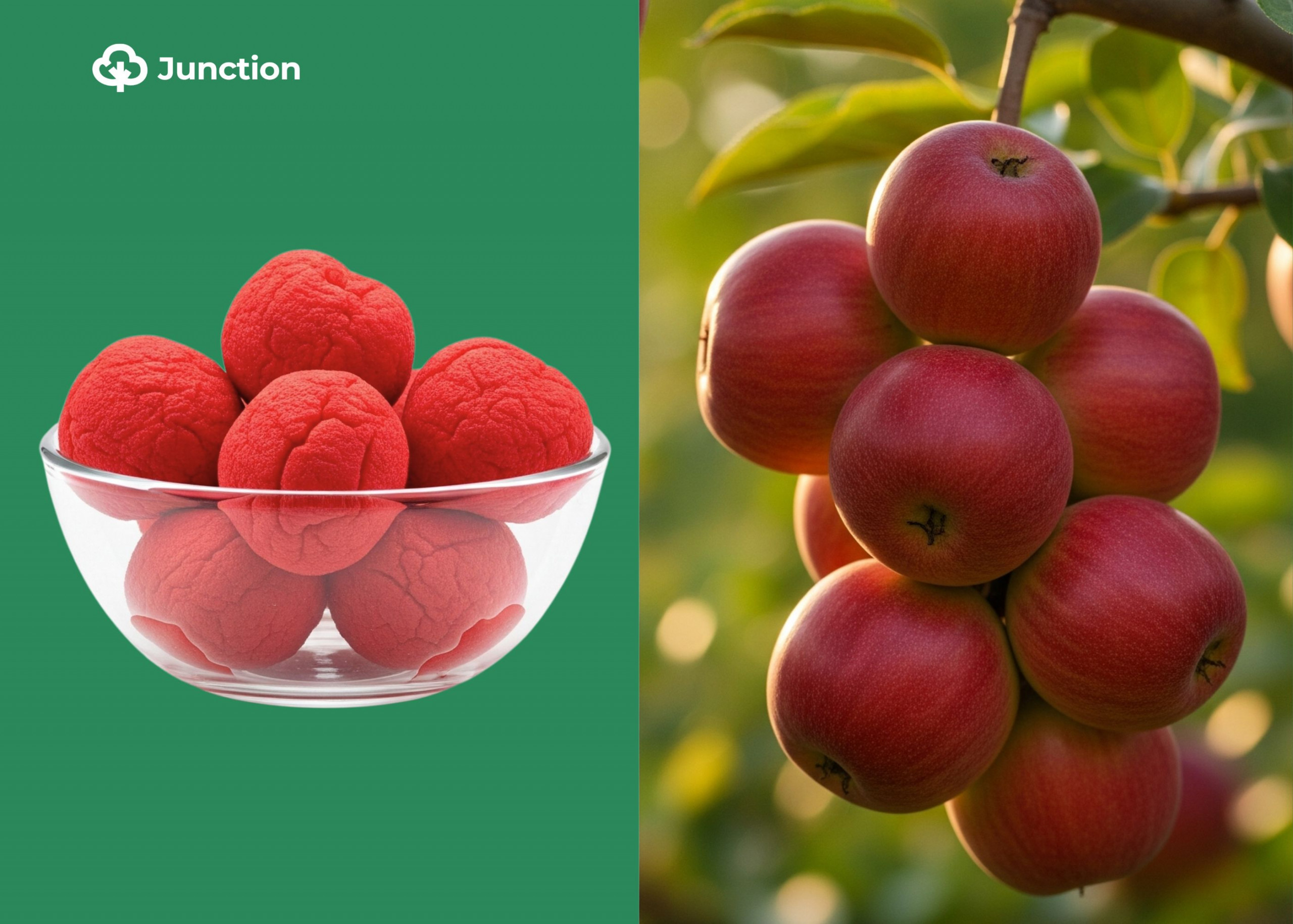News in Brief:
– The Nigerian Senate has summoned NAFDAC and other agencies to address the dangerous and widespread practice of using harmful chemicals to ripen fruits, citing severe health risks to consumers.
– This action aims to enhance regulatory enforcement, increase public awareness, and introduce stricter penalties to safeguard public health
The Nigerian Senate has summoned the National Agency for Food and Drug Administration and Control (NAFDAC) to address concerns regarding the widespread use of harmful chemicals by fruit vendors to accelerate ripening.
This directive followed a motion introduced by Senator Anthony Ani (APC-Ebonyi) during a recent plenary session in Abuja.
Chemical ripening: a growing concern
Senator Ani’s motion, titled ‘Urgent Need to Investigate and Halt the Continuous Unwholesome Practice of Chemical Ripening of Fruits in Nigeria,’ highlighted a dangerous trend where vendors prioritise artificial ripening methods over natural processes.
He stressed that naturally ripened fruits offer superior sweetness, texture, and nutritional value, while chemically treated alternatives are often chosen for commercial gain and improved appearance.
Although some experts say agents like ethylene and methyl jasmonate are considered relatively safe, the senator pointed to the rampant use of highly toxic substances such as calcium carbide, ethephon, and ethylene glycol.
Effectively, these chemicals, he warned, contain dangerous residues like lead and arsenic. These, he maintained, are known to cause severe health issues, including various cancers, kidney and liver damage, neurological disorders, and in extreme cases, fatalities.
Profit motives and regulatory lapses
Additionally, the senator attributed the proliferation of these unsafe practices to vendors’ profit-driven motives and a lack of public awareness. He lamented that consumers are ‘unknowingly eating poison masked in the form of ripened fruits.’
Furthermore, he criticised regulatory agencies for their perceived failure in enforcement, noting that many countries have banned such chemicals, yet Nigeria lags in implementing effective countermeasures.
Meantime, a quick search reveals that countries that have banned or strictly regulate the use of calcium carbide for fruit ripening due to health concerns include India, Pakistan, Bangladesh, the United States, Japan, and Kenya.
Senate directives and future actions
Subsequently, the Senate resolved that NAFDAC leadership must appear before the Committees on Health and Agriculture to detail their ongoing efforts and outline future strategies to combat chemical ripening. It will be recalled that this publication raised alarm about the deleterious effects associated with consuming chemically ripened fruits, and how to identify same.
Meanwhile, beyond NAFDAC, several other bodies received directives. These include;
- Ministry of Agriculture and Food Security & Federal Competition and Consumer Protection Commission (FCCPC): Instructed to investigate the matter and take immediate action.
- National Orientation Agency (NOA): Mandated to intensify public education campaigns on the health risks associated with artificially ripened fruits.
- Nigeria Agricultural Quarantine Service & Nigerian Customs Service: Tasked with stricter inspections of imported fruits, particularly apples, to ensure they are free of harmful preservatives.
- Senate Committee on Legal Matters: Directed to review existing legislation and propose harsher penalties for violators.
In conclusion, Senate President Godswill Akpabio underscored the paramount importance of public health, asserting that Nigeria’s fruit markets must not become havens for toxic substances disguised as fresh produce.



